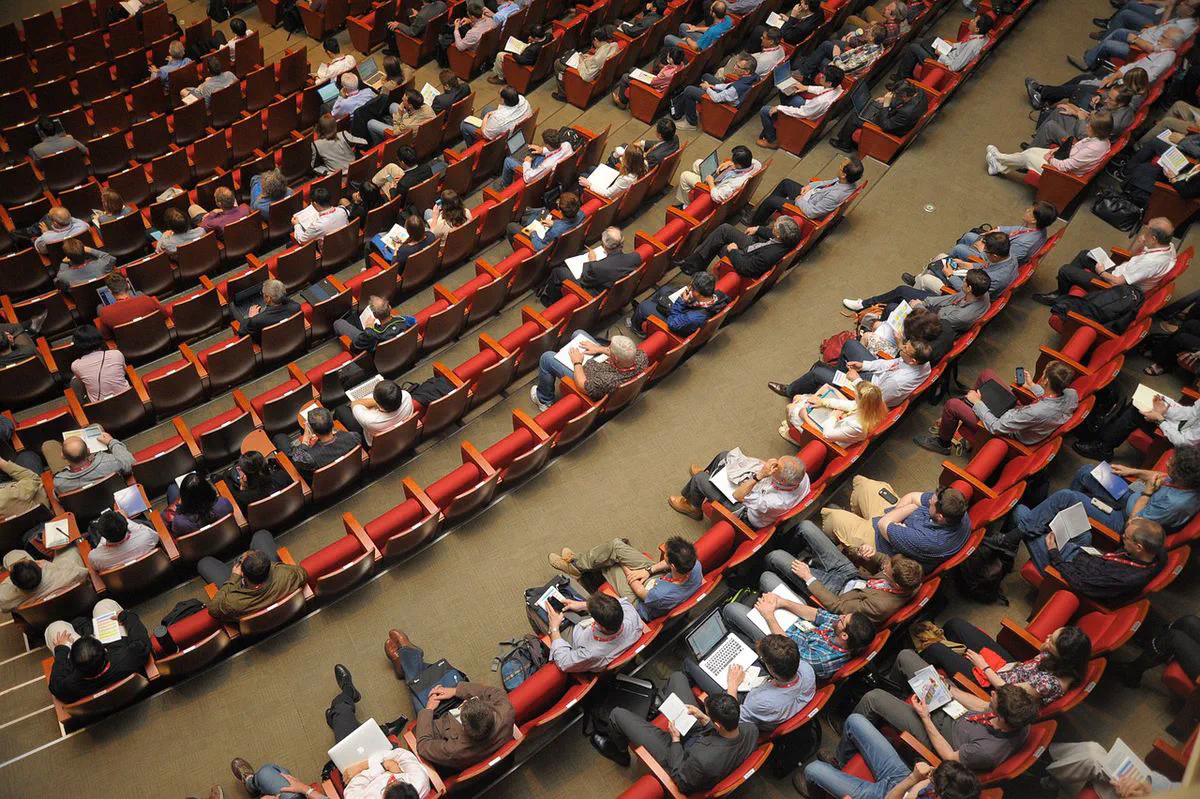My First International Speaking Experience: Sharing My Research on Work Addiction at EAWOP 2025

Prague & EAWOP
Held in the beautiful and historic city of Prague, EAWOP (the European Association of Work and Organisational Psychology) brought together 3,000 scholars, practitioners, and students across Europe and beyond, all passionate about making work better for individuals, teams, and organisations.
The Symposium: Workaholism in the Modern Workplace
The symposium, organised by Paweł Atroszko and Cristian Balducci, represented a network of scholars who have joined an international collaboration, aimed at strengthening the evidence base and raising awareness about workaholism. This initiative is part of a broader, emerging global effort to advance scientific understanding of work addiction and its impact on health, well-being, and organisational life.
While research over the past two decades has made it clear that workaholism is a serious individual, organisational, and public health concern, with estimated prevalence rates of up to 15% in Europe, it remains unrecognised in formal diagnostic manuals. In our increasingly digital, always-on work culture, workaholic tendencies are often overlooked or even rewarded, despite their significant long-term costs.
The two-part symposium tackled workaholism through diverse lenses, including its psychological underpinnings, organisational drivers, and the health-related consequences of chronic overwork. It was a timely and much-needed conversation, especially in light of growing concerns around burnout, presenteeism, and mental health in the workplace.
My Research: Exploring the Relationship Between Work Addiction and Burnout
My presentation, based on my master’s thesis, examined how work addiction relates to burnout, and whether this relationship is mediated by psychological capital (PsyCap) and job satisfaction.
The study included a diverse international sample of 454 employed adults from 52 countries. Using serial mediation analysis and structural equation modelling, we found:
- A positive link between work addiction and burnout
- That PsyCap and job satisfaction partially mediated this relationship
- A work addiction prevalence rate of 28.4% in the sample—highlighting its global relevance
These findings suggest that work addiction depletes critical psychological resources, such as optimism, hope, self-efficacy, and resilience, ultimately undermining well-being. The study draws on the Component Model of Addiction and Conservation of Resources (COR) Theory, while also identifying limitations in how existing models account for individual differences and coping mechanisms in highly work-addicted individuals.
The implications are clear: if we want to protect workers’ well-being, we must take work addiction seriously and invest in interventions that potentially build psychological resources and support healthy work engagement.
For further details, you can read my full paper here.
Reflections on EAWOP: My First International Conference Talk
Presenting at EAWOP was a defining moment in my academic journey. It was an opportunity to not only share my research, but also engage in thought-provoking discussions with leading scholars in the field. It was energising to see how much momentum there is behind research on work addiction, and how many people across disciplines are eager to better understand and address it.
It was also a deeply personal milestone: As someone who has long feared public speaking, the experience was emotionally intense. When I first saw the size of the room, I felt overwhelmed, nervous, and for a moment, I questioned whether I could go through with it.
But I did!
Despite the nerves, I stood up and shared my research with an international audience. I reminded myself that the work mattered, that my voice mattered, and that fear didn’t have to be a barrier to contribution. In the end, it was one of the most growth-filled experiences of my career so far.
This conference didn’t just help me grow as a researcher, it helped me grow as a person.
What’s Next?
That presentation marked the end of my Master’s journey, but the beginning of something bigger.
I’m currently pursuing a PhD in Psychology at Birkbeck, University of London, funded by the Economic and Social Research Council (ESRC), where I’m continuing to explore work addiction, health and well-being.
The road ahead is exciting, and I’m committed to contributing to a growing body of research that doesn’t just study work, but helps improve it.
If you’re interested in this work, exploring collaboration, or just want to connect, please feel free to reach out on LinkedIn